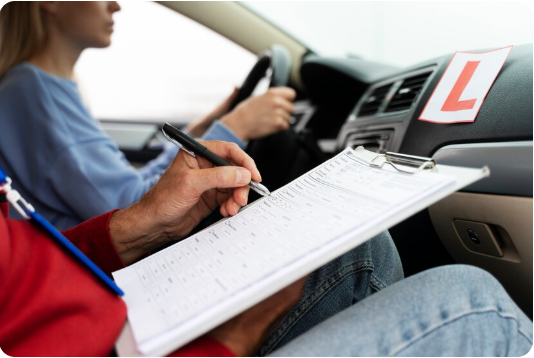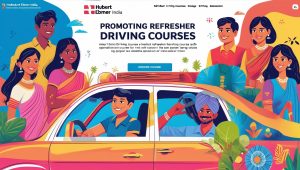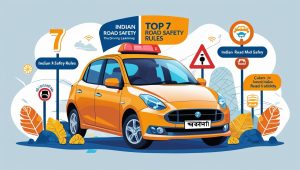📌 Introduction: Why Driver Duties Matter
India’s roads are governed by strict laws to ensure public safety and smooth traffic operations. Among these, Section 132 of the Motor Vehicles Act, 1988 outlines the core duties of every driver when flagged by a police officer or enforcement authority.
At Hubert Ebner India, we believe that awareness of legal duties helps reduce violations, improve behavior, and create safer roads. Understanding Section 132 is a key part of responsible driving — whether you’re a private car owner or a commercial fleet driver.
⚖️ What Is Section 132 of the Motor Vehicles Act?
Section 132 of the Motor Vehicles Act specifies that:
“Every driver of a motor vehicle shall cause the vehicle to stop and remain stationary when required to do so by any uniformed police officer or authorized person in charge of a traffic check or enforcement.”
This law applies to all classes of vehicles — from motorcycles to buses and trucks.
🚦 Key Duties Outlined in Section 132
Here’s a breakdown of what drivers must legally do under this section:
✅ 1. Stop Immediately When Signaled
If a police officer in uniform, traffic official, or authorized transport officer signals you to stop, you must pull over safely and promptly.
✅ 2. Remain Stationary Until Instructed
Once stopped, the vehicle must remain stationary until:
- The officer completes their checks, and
- Explicit permission to proceed is given.
✅ 3. Cooperate With Inspection
The driver must cooperate with legal requests such as:
- Showing driver’s license, registration certificate, insurance, PUC, etc.
- Allowing inspection of the vehicle and load (especially for transport vehicles)
- Answering questions truthfully when asked by an officer
✅ 4. Do Not Obstruct Traffic
While stopping, ensure the vehicle is not:
- Blocking intersections or crossings
- Endangering other vehicles or pedestrians
- Parked on a blind curve or slope
🚫 Non-Compliance = Legal Consequences
Refusing to stop or failing to cooperate under Section 132 may lead to:
- Fines under Sections 177 and 179
- Vehicle impounding
- Suspension or cancellation of license
- Criminal charges in cases involving evasion or obstruction
📋 When Is Section 132 Typically Enforced?
- Routine traffic checks
- Drunken driving or speed detection campaigns
- Highway patrolling stops
- Pollution and overload inspections
- Nighttime commercial vehicle surveillance
- Toll point verifications
🧑🏫 Importance in Driver Training & Fleet Operations
For commercial drivers and transport businesses, Section 132 is vital:
- Drivers must be trained to respect authority and act professionally
- Fleet managers should instruct staff on paperwork readiness
- Safety drills must include “what to do during a traffic stop” protocols
- Periodic audits should ensure all documents are updated and valid
💡 At Hubert Ebner India, we integrate these rules into all our driver safety programs.
📖 Real-Life Example: Why Compliance Matters
Imagine a delivery truck flagged for overspeeding on an expressway. The driver:
- Stops safely on the shoulder
- Shows all documents when asked
- Cooperates fully and follows instructions
Result: Inspection is smooth, no fines are issued due to full compliance.
Now compare this to a driver who refuses to stop or argues — risking fines, detention, and delays. This shows why awareness of Section 132 is critical.
🚀 Hubert Ebner India’s Contribution
We offer specialized services to help drivers and organizations stay compliant:
- ✅ Driver Behavioral Training
- ✅ Transport Compliance Workshops
- ✅ Legal Awareness Sessions
- ✅ Simulator-Based Scenario Training
Our goal: Educate India’s driving community on rights and responsibilities.
🏁 Conclusion: Respecting the Law is Safer for Everyone
Section 132 is not just a legal clause — it’s about building trust between drivers and law enforcement. By following basic duties during checks, drivers not only stay safe but also help in smoother traffic governance.
🛣️ Let’s make Indian roads disciplined and respectful — one responsible driver at a time.
📞 Get in Touch with Hubert Ebner India
Want to train your drivers or understand more about road laws?
📍 PAN-India Driver Training Programs Available




